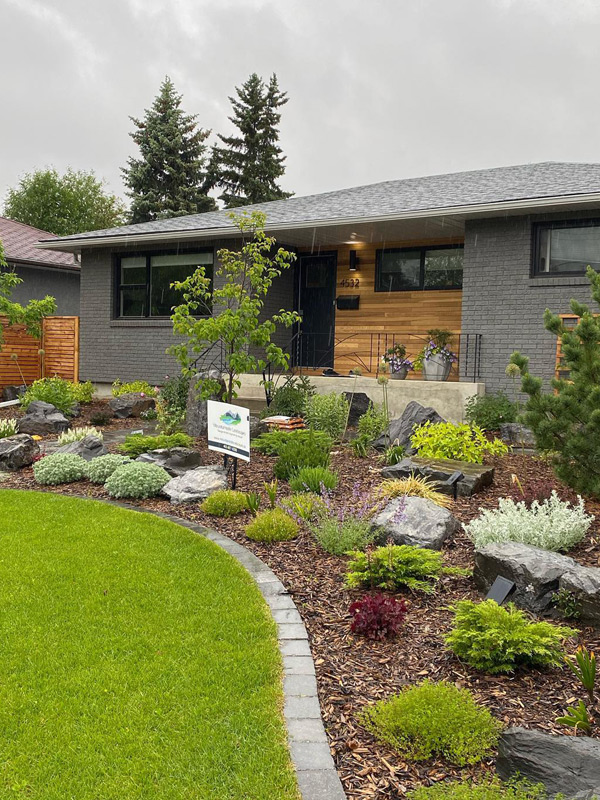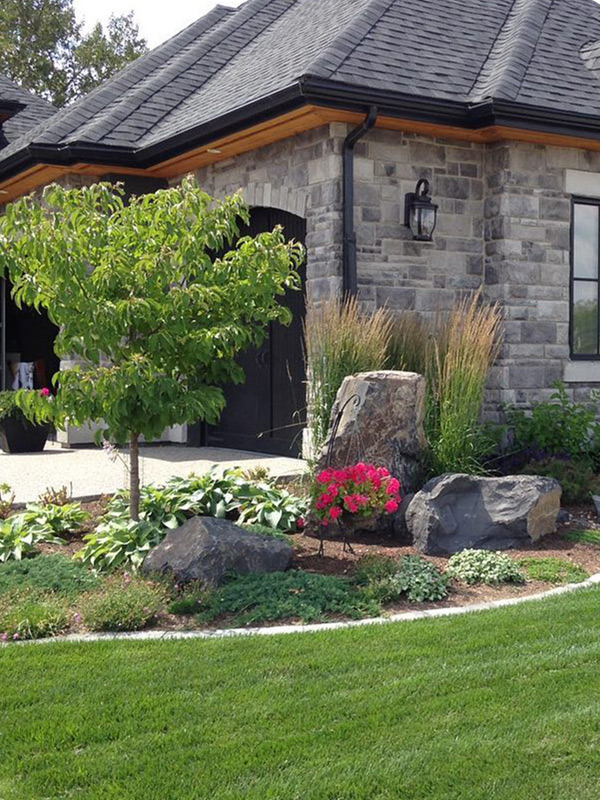Maintaining a garden can be a rewarding and fulfilling experience, but it requires a lot of effort and care. Whether you have a small garden bed or a large yard, regular maintenance is essential for the health and longevity of your plants. In this blog article, we’ll explore some tips on how to maintain your garden.
- Water Your Plants Regularly
Water is essential for the growth and health of plants. Depending on the type of plants you have, they may need different amounts of water. It’s important to water your plants regularly, but not too much or too little.
Overwatering can drown the roots of your plants and cause them to rot, while under-watering can cause the plants to dry out and die. Check the soil regularly and water when it feels dry to the touch. You can also consider installing a drip irrigation system to ensure that your plants receive consistent and adequate water.
- Mulch Your Garden
Mulching your garden can help to retain moisture, suppress weeds, and improve soil health. Mulch is a layer of organic matter such as leaves, bark, or grass clippings that is spread over the soil around your plants. This layer helps to regulate the temperature of the soil and protect the roots of your plants from extreme weather conditions.
Mulching can also add nutrients to the soil as the organic matter decomposes. Apply a layer of 2-3 inches of mulch around your plants, taking care not to cover the base of the plant.
- Prune Your Plants
Pruning is an important part of garden maintenance. It involves removing dead, diseased, or damaged branches from your plants to promote healthy growth. Pruning also helps to shape your plants and prevent them from becoming too large or tangled.
Prune your plants regularly to keep them healthy and looking their best. Use sharp, clean pruning shears and cut at an angle just above a healthy bud or branch. Different plants have different pruning needs, so make sure to research the specific requirements of your plants.
- Fertilize Your Soil
Fertilizing your soil can help to provide the necessary nutrients for healthy plant growth. There are different types of fertilizers available, such as organic and synthetic fertilizers. Organic fertilizers, such as compost or manure, are more environmentally friendly and provide a slow release of nutrients to the soil.
Synthetic fertilizers provide a quick release of nutrients but can harm the environment if overused. Apply fertilizer to your soil according to the specific needs of your plants and the recommended dosage on the packaging.
- Control Pests and Weeds
Pests and weeds can quickly damage your plants and take over your garden. Regularly inspect your plants for signs of pests or diseases, such as yellowing leaves, holes in the leaves, or sticky residue on the plant.
If you notice any pests or diseases, take action immediately to control them. Use natural methods such as companion planting or insecticidal soap, or use chemical pesticides if necessary.
Weeds can also be a problem in your garden. They compete with your plants for nutrients and water, and can quickly take over your garden. Pull weeds regularly by hand or use a hoe to remove them from the soil.
- Rotate Your Crops
Rotating your crops is important for maintaining soil health and preventing the buildup of pests and diseases. It involves changing the location of your plants each year to prevent the depletion of soil nutrients.
Rotate your crops by planting different types of plants in different areas of your garden each year. This will help to maintain soil health and prevent the buildup of pests and diseases.
- Keep Your Garden Tidy
Keeping your garden tidy is important for both aesthetic and practical reasons. Remove dead plants, fallen leaves, and debris regularly to prevent the buildup of pests and diseases.





